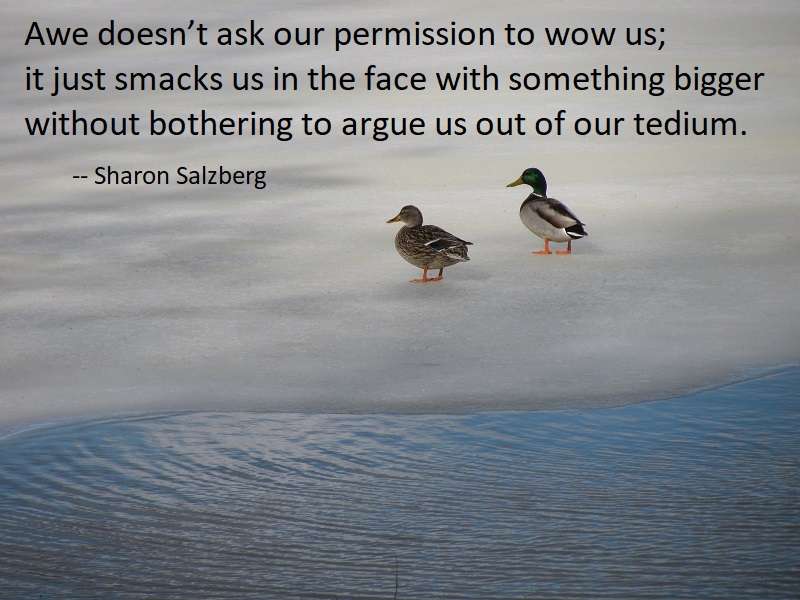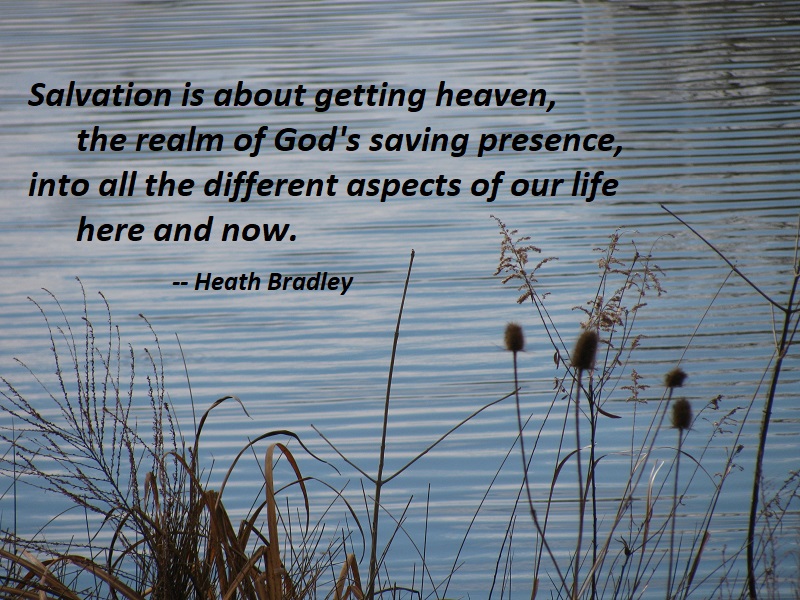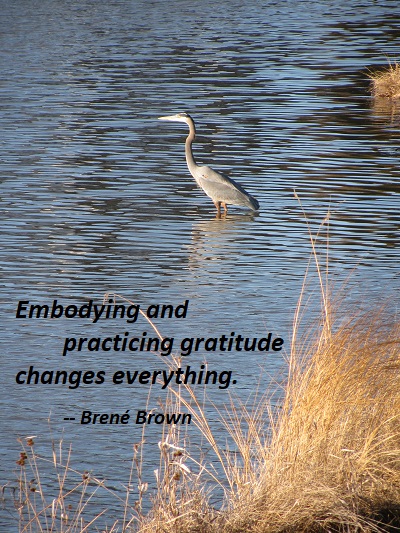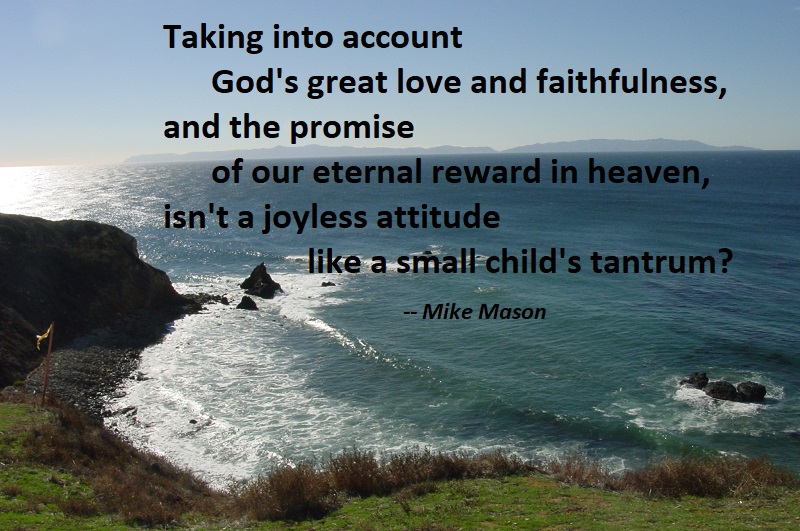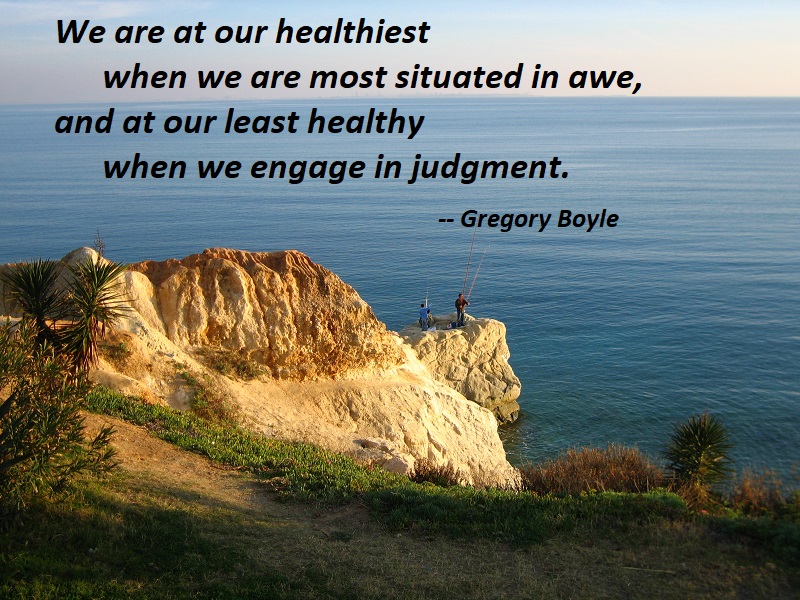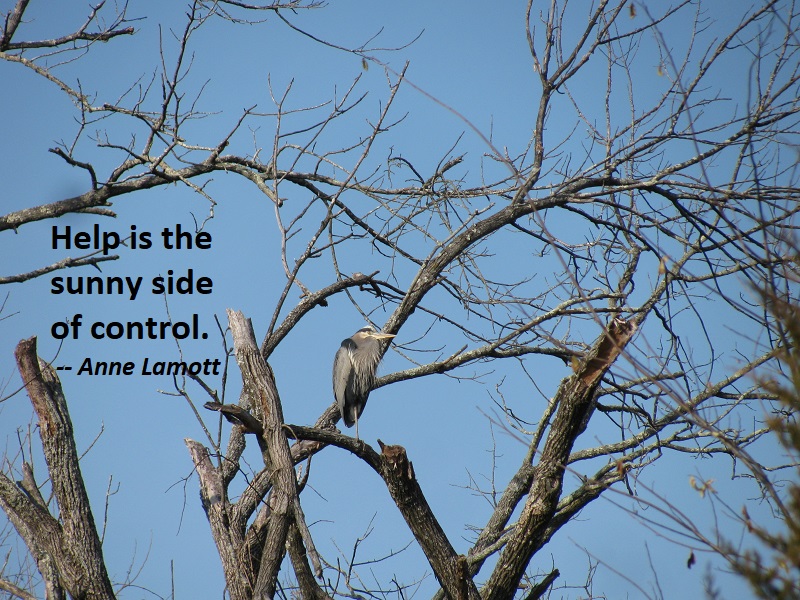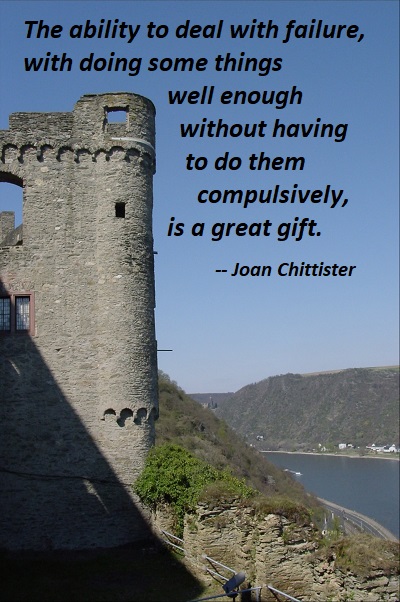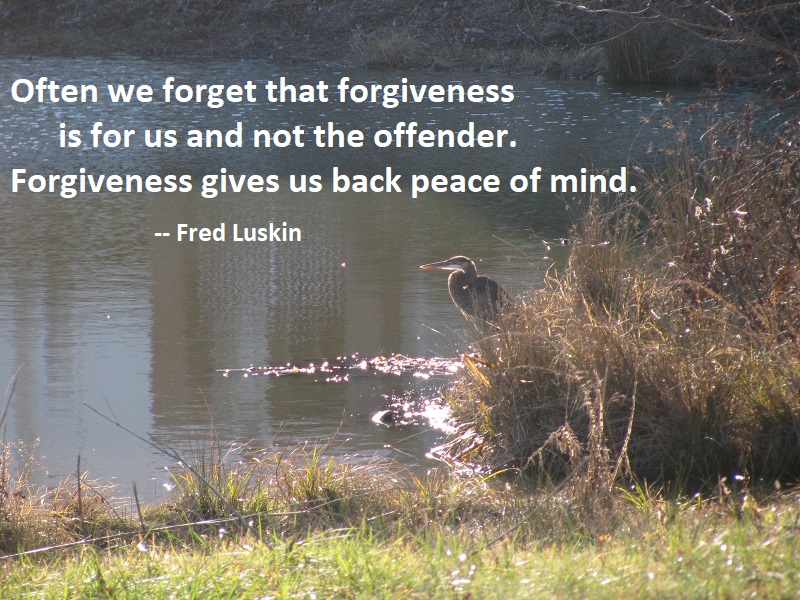The Narrow Gate
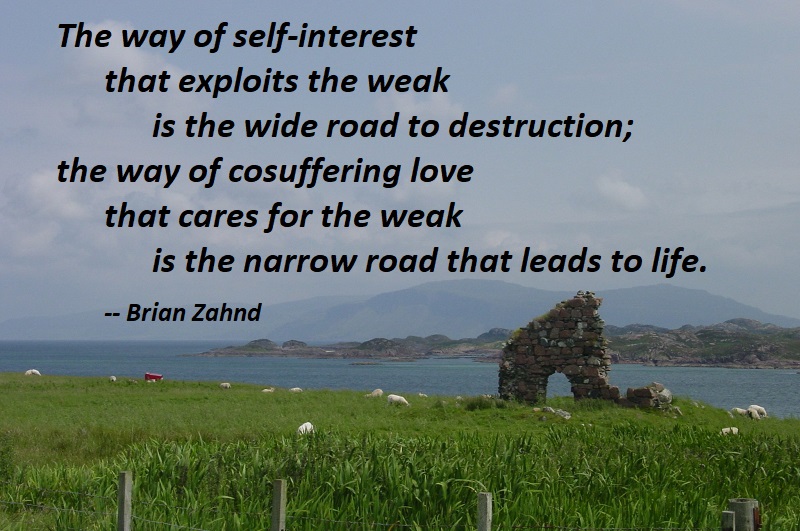
What Jesus certainly does not say is that the sheep and goats are divided on the basis of who has and who has not said a sinner’s prayer! Unfortunately, a cobbled-together misreading of Paul has been used to either ignore or evade what Jesus taught about the priority of loving our neighbors as ourselves being the criterion for judgment. Jesus taught that the Golden Rule is the narrow gate that leads to life. The narrow gate is not a sinner’s prayer but a life of love and mercy. The way of self-interest that exploits the weak is the wide road to destruction; the way of cosuffering love that cares for the weak is the narrow road that leads to life.
— Brian Zahnd, Sinners in the Hands of a Loving God, p. 129
Photo: Isle of Iona, Scotland, July 13, 2003.
